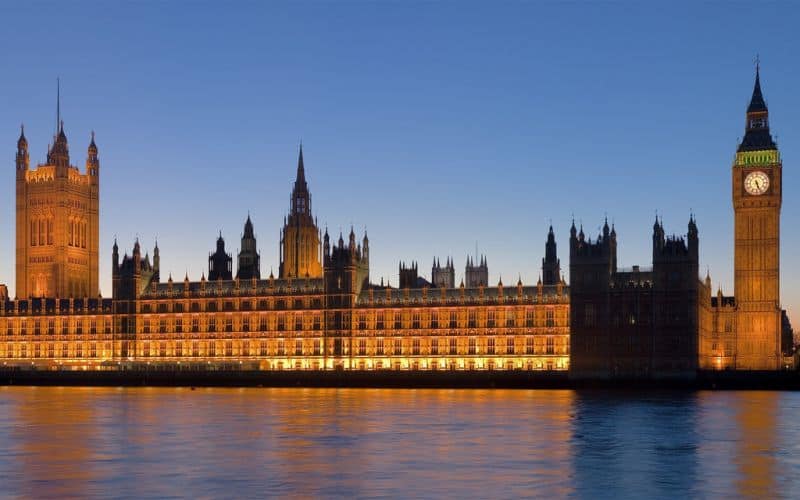London: British MPs voted in favour of moving out of their historic Westminster home, to make way for major renovation work of the iconic Houses of Parliament.
Lawmakers backed the decision for a “full and timely decant” of parliament by 234 votes to 185, paving the way for a multi-billion-pound revamp of the dilapidated complex.
“This debate arguably should have taken place about 40 years ago,” said House of Commons leader Andrea Leadsom at the start of the debate yesterday.
“The Palace of Westminster is the seat of our democracy, an iconic world-famous building and it is in dire need of repair,” she added.
Much of the Palace dates from the mid-1800s, while Westminster Hall was built in 1099.
The complex is part of the UNESCO Westminster World Heritage Site and includes the Houses of Parliament and the clock tower housing Big Ben, which is already undergoing work.
Conditions are considered dire, with a Commons committee listing fire, sewage inundation and electrical failure among possible risks if urgent repairs are not carried out.
“The risk of a catastrophic failure is high and growing with every month that passes,” the committee said in a March report.
There are reports of mice infestations, while there is a round-the-clock patrol as modern fire prevention measures are impossible to implement.
“That’s a most unusual way of dealing with things, and we really need to do a full restoration to deal with the fire safety aspects,” said David Orr, a member of its restoration and renewal programme board.
One MP said that urine was leaking into his office and sewage ejectors — pushing parliamentary waste into London’s main sewer — are from the Victorian era and could soon fail, according to engineers.
While the MPs’ vote signifies a step towards the large- scale renovation, lawmakers have yet to decide when they will be moving out or where to.
They agreed a body would be established to provide up- to-date costings and a “realistic” timetable for repairs, which would allow lawmakers to return to their chamber “as soon as possible”.
But not everyone was convinced, with MP Edward Leigh warning that voters experiencing “unparallelled austerity” would not be happy with politicians spending billions on their own revamp.
“I think that’s a very difficult decision, a very difficult argument to make to our constituents,” he told parliament, predicting that lawmakers would have to move out for up to 12 years.
But fellow Conservative lawmaker Damian Green warned parliament was not safe and said it is not a “wild exaggeration” to describe it as a “death trap”.
Cost estimates so far have included a USD 8.0 billion price tag for lawmakers to stay on site, with the works taking 32 years.
The most efficient proposal would take six years, costing upwards of USD 4,973,150,000, with both MPs and lawmakers from the House of Lords having to move out.
There have been various suggestions for lawmakers’ alternative base, including plans for a floating chamber on the River Thames drawn up by architects Gensler.
AFP

